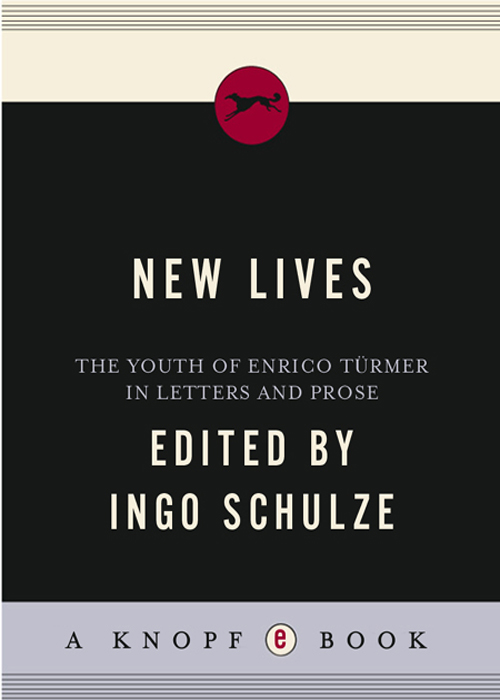
New Lives
Vintage International
کتاب های مرتبط
- اطلاعات
- نقد و بررسی
- دیدگاه کاربران
نقد و بررسی

September 15, 2008
Schulze’s dense and beguiling novel about the reunification of Germany consists of the collected works of Enrico “Heinrich” Türmer, a member of the East German intelligentsia. The works are his correspondence with his sister, Vera, with whom he has an incestuous relationship; his best friend, Johann Ziehlke; and his future lover, a photographer named Nicoletta Hanson. The remainder is rounded out by an appendix that contains a novella, plus nitpicking footnotes from Schulze, who casts himself as the volume’s editor. As we learn from Türmer’s letters, he quits the theater job he’d been given by the state to partner up in running a newspaper. His guide to the new world of capitalism is “Baron” Dr. Clemens von Barrista, a sort of Mephistophelian mini-Soros. Throughout, Schulze captures something ephemeral but critical about how the idealism that brought down the Wall also brought down itself. Or as Türmer remarks about his fellow intellectual dissidents, “Any attention paid to us—the attention that called us onstage—would vanish from the face of the earth” when they succeeded. This novel shows the tragicomic prescience of that remark.

Starred review from October 15, 2008
This is not Schulzes first German reunification novel; in Simple Stories (1998), the author offered a fragmented portrait of a transforming Altenburg, a small city near Karl-Marx-Stadt (today, Chemnitz). His latest book may well be Germanys best reunification novel to date. Returning to Altenburg and to the discovered manuscript technique he employed in 33 Moments of Happiness (1995), Schulze gives us the letters of Enrico Turmer, presented as a cautionary tale of a playwright turned newspaper capitalist. The lettersto his childhood friend Johann, his unattainable paramour Nocoletta, and his beloved Westernized sister, Verasketch his descent into Western values, but, more important, they reveal an aspiring novelist who imbues every social interaction with profound meaning (and, like Felix Krull, occasionally stretches the truth a bit). And thus, against an uncertain East German landscape of ambiguous opportunitiesdepicted with considerable sensitivity but little OstalgieSchulze expertly pulls his readers in opposite directions. Intimate secrets invite us to share Turmers idealism; yet the running commentary of the letters editor enforces distance and states the obvious (perhaps a jab at real-life critics who have criticized Schulze for his obscure references). Exhilarating and perceptive.(Reprinted with permission of Booklist, copyright 2008, American Library Association.)

























دیدگاه کاربران